The fact you are reading this information is good. It indicates there lies within you a desire to do something about your addiction. The first step towards recovery for anyone is their willingness to admit they have a problem and ask for help. So, how does impatient treatment work? First, you must understand that things may vary a little bit from one rehab to the next. Also, each client’s circumstances will be a little different, which will result in different treatment programs. What we would like to offer is information that is general in nature. The treatment process starts the moment someone enters rehab. They will go through an intake interview that the rehab administrators will use to determine the course of treatment. In a lot of instances, clients will need to go through a medical detox program. Why? depending on the depth of their addiction, they could be subject to some very serious withdrawal symptoms. Many times, withdrawal symptoms can have long-term health effects if not handled properly. We are referring to withdrawal symptoms like:
- Rapid and shallow breathing
- High blood pressure
- Elevated heart rate
- Body convulsions and tremors
- Severe miscle cramping
- DTs, hallucinations, and nightmares
- Sweating, nausea, and vomiting
- Psyc problems related to anxiety and depression
The primary purpose of a detox program is to minimize the danger and discomfort that could be caused by the detox process. While clients are given every opportunity to go through withdrawal as naturally as possible, there would be medical professionals standing by to intervene if needed. The ultimate goal of detox programs is to help clients clear their minds and bodies so they can handle the rigors of therapy. During therapy, they need to be focused and 100% committed to the process. If they can’t do that, they run the risk of relapsing once the treatment process has been completed.
On to Therapy
After completing their detox programs, clients will enter the therapy portion of the treatment process. They will participate in a wide range of therapy programs while living 24/7 in the rehab center. Most rehab centers are either set up as dorms or homes, depending on the number of clients the rehab serves at a time and the amenities they wish to offer to clientele. To be clear, luxury rehabs generally offer private rooms and a lot of the amenities people might have in their own homes. The more generic rehabs will feature shared rooms and recreational centers for downtime. As you can imagine, the focus of treatment is on individual therapy. During individual therapy sessions, the client will work with their therapist with the goal of figuring out exactly what has been the driving force or forces behind their addiction. Finding the source of the addiction is important because each client needs to know how to fight back in the future. Fighting back will usually include the development of better coping skills to handle personal issues. In conjunction with individual therapy, most clients will also get a chance to work in groups. Group therapy provides clients with a platform for the sharing of information and the development of support resources for the future. One can never underestimate the ability of one recovering addict to help another recovering addict. On an as-needed basis, a client might also participate in family therapy programs. This is usually necessary when family issues become entangled with the client’s addiction issues. Family members get the chance to learn about their loved one’s addiction issues and how to be supportive while they are loved on is in recovery. During downtime, clients get a chance for more personal interactions. They are given the opportunity to use the center’s amenities and to participate in recreational programs. They also get a chance to learn about the importance of exercise and nutrition while in recovery. Inpatient treatment concludes when the rehab’s staff feels a client is ready to handle their recovery in a responsible manner. That could run anywhere from 30 to 90 days, depending on the circumstances surrounding each client’s addiction. Now that you should have an idea of what to expect from inpatient treatment, we hope you will decide to move forward and seek help. When you do that, we would very much like to be your rehab of choice. For more information about our center and treatment services, you can contact one of our staff members at 424-499-2603.










